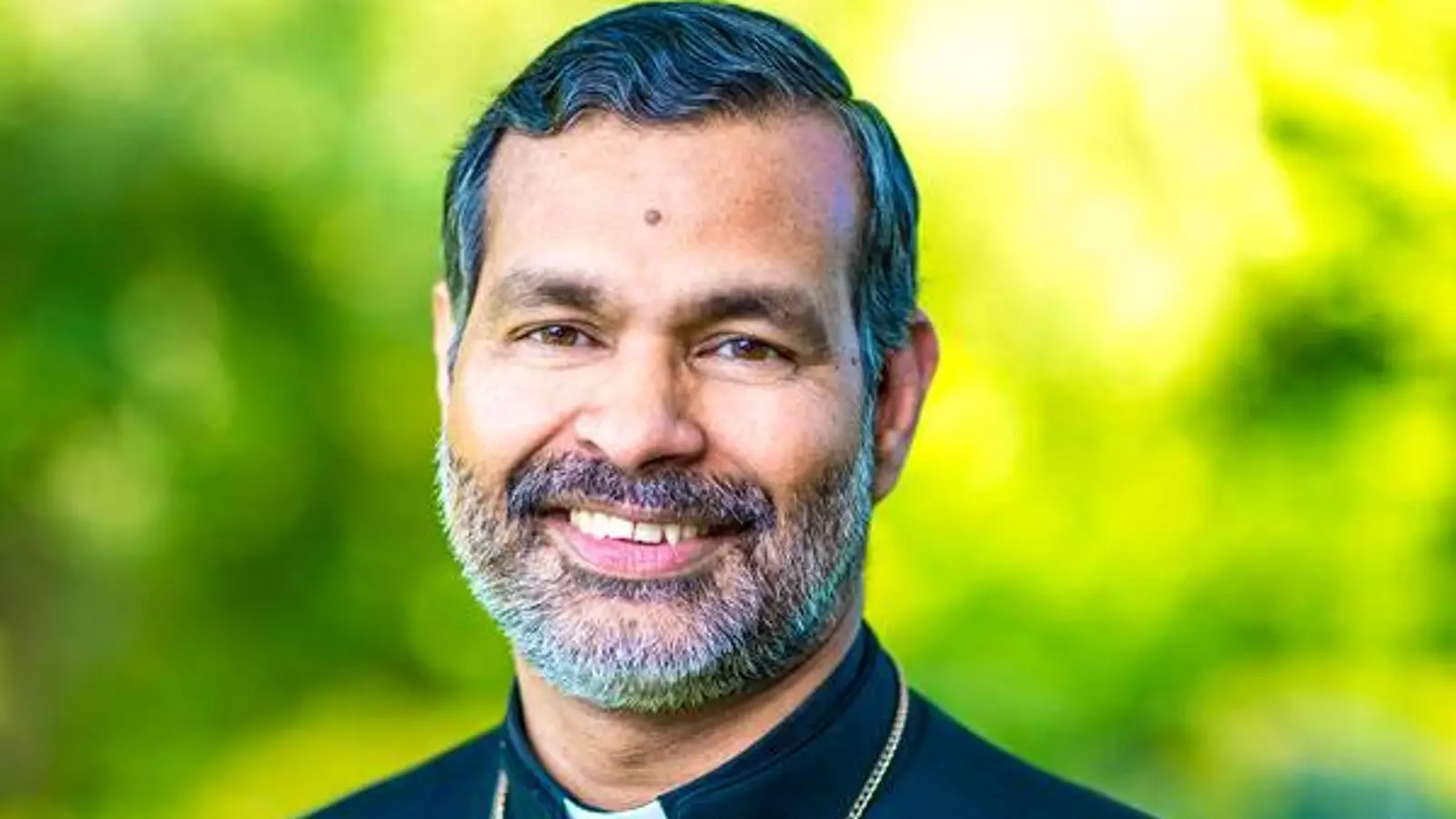The recent announcement of Bishop John Perumbalath’s resignation has sent shockwaves through the Church of England, particularly within the Diocese of Liverpool. The bishop’s exit comes just days after he faced serious allegations of misconduct from two women, including a fellow bishop. These allegations, which involve incidents of unwanted physical contact occurring over several years, raise critical questions about accountability and transparency within the church’s hierarchy.
The allegations first surfaced in 2023, with one woman claiming that Perumbalath had kissed her without consent and later groped her on multiple occasions between 2019 and 2023. A second accusation from a female bishop accused him of sexual harassment in the same year. While Bishop Perumbalath has completely denied these claims, asserting his innocence in a letter accompanying his retirement announcement, the mere existence of such allegations against a high-ranking official is emblematic of wider challenges confronting ecclesiastical institutions.
In his letter to the diocese, Bishop Perumbalath took a strong stance, emphasizing, “I have consistently maintained that I have not done anything wrong.” He expressed a desire for the controversy not to overshadow the work of the diocese and its parishioners. This brings to light not only his personal interest in preserving his reputation but also the broader implications of misconduct allegations on community well-being and trust in religious institutions.
His assertion that he does not wish to distract from the mission of the church reflects a moral complexity often found in leadership positions. However, the framing of his resignation as a step taken for personal well-being, rather than an admission of guilt, may fail to assuage concerns. When allegations arise in such a public and serious manner, it raises the question: what measures are in place to ensure accountability among church leaders?
The Church of England has stated that the complaints were investigated in accordance with statutory safeguarding guidelines. They reported that while no ongoing safeguarding concerns were found, there was a recognition of a “learning outcome” stemming from the investigation. This response indicates an awareness of the need for institutional reflection following misconduct claims, yet it also highlights a gap in the church’s ability to address such allegations comprehensively and transparently.
Bishop Perumbalath’s resignation emerges against a complicated backdrop for the Church of England. The institution has experienced heightened scrutiny not only for its handling of these allegations but also due to broader issues involving safeguarding protocols and the overall treatment of women within its ranks. The departure of high-profile leaders like Archbishop Justin Welby earlier in the year, amid separate controversies, underscores an urgent need for reform and accountability.
This situation raises critical questions about the future direction of the church. As the community seeks healing and stability, the church’s leadership must confront these challenges head-on. The appointment of an acting bishop is imminent, and it will be crucial for this individual to implement effective oversight while fostering an environment of safety and support for all members of the diocese.
The resignation of Bishop Perumbalath should serve as a catalyst for transformation within the Church of England. It highlights a pressing need for more robust systems of accountability and clearer pathways for addressing allegations of misconduct. Faith communities deserve leaders who not only exemplify integrity but also actively promote a culture of openness and respect.
As the Diocese of Liverpool navigates this painful transition, it must prioritize healing and transparency. The church’s credibility hinges on its ability to learn from these incidents and foster an environment in which all individuals feel safe and empowered to voice their concerns without fear of retaliation.
In the wake of this tumultuous chapter, the Church of England stands at a crossroads. The path it chooses will influence not only its internal dynamics but also the trust of the wider community. In a society that increasingly demands accountability from its leaders, this moment calls for a sincere commitment to change—one that ensures safety, respect, and, ultimately, a renewed faith in the leadership of the church.


Leave a Reply